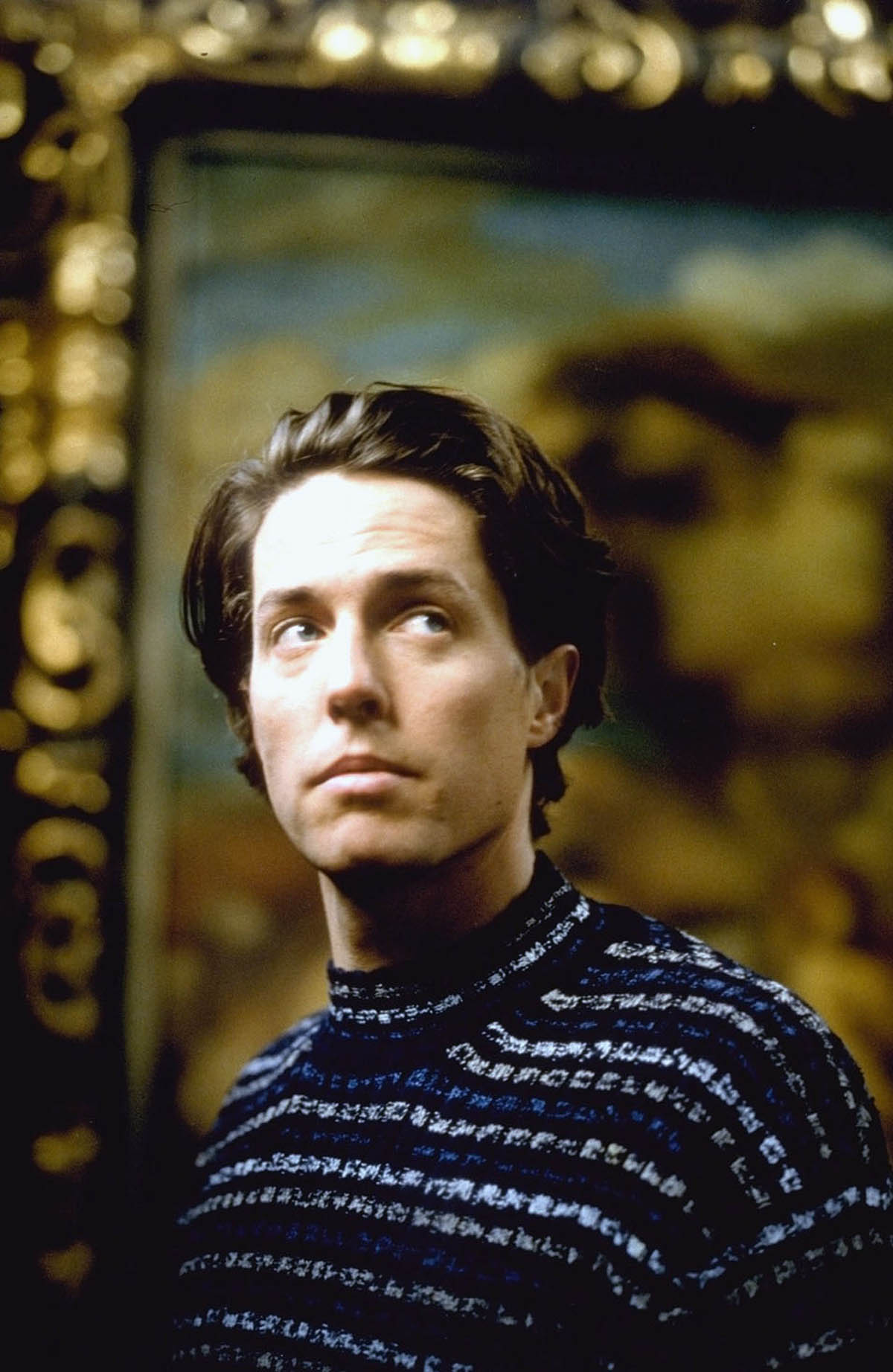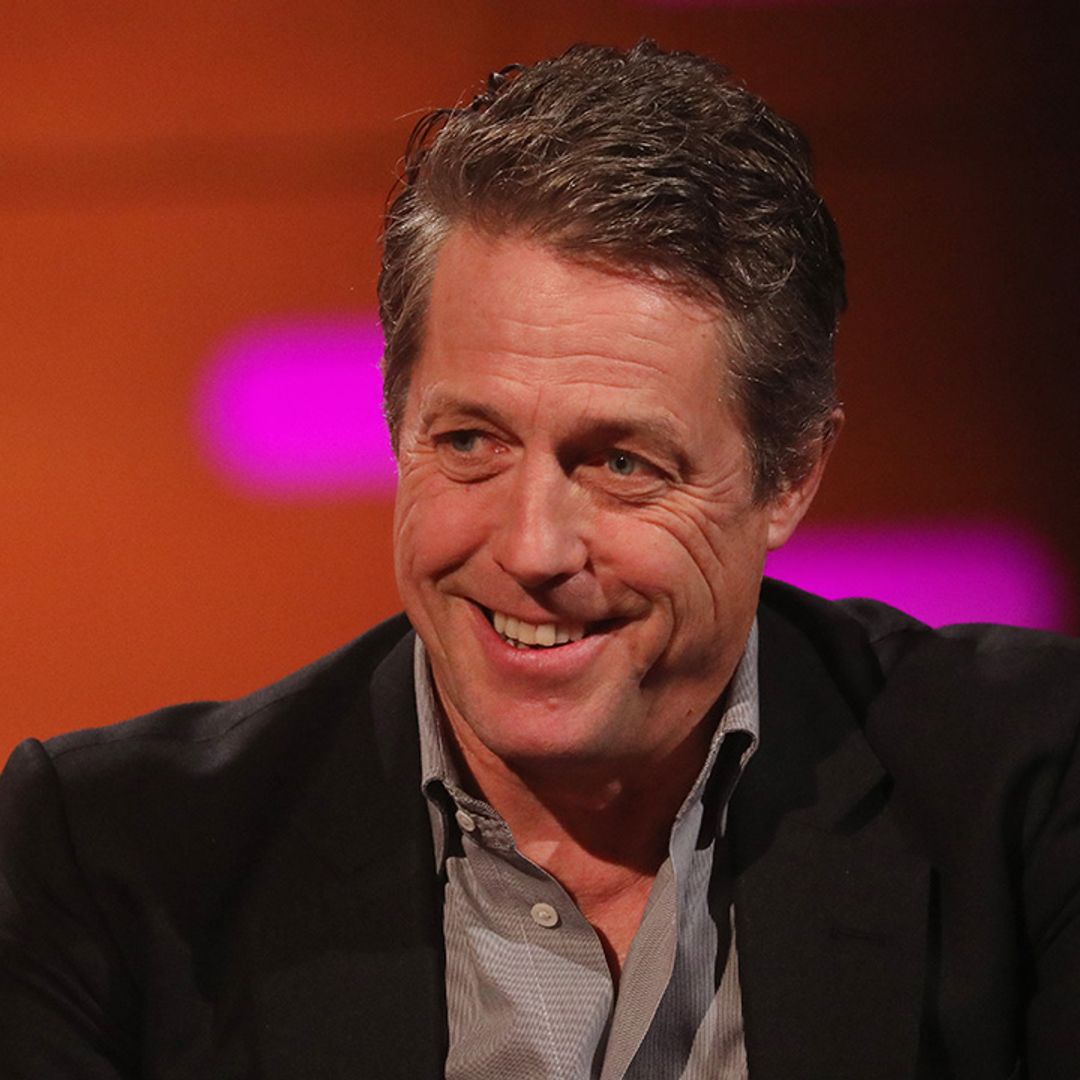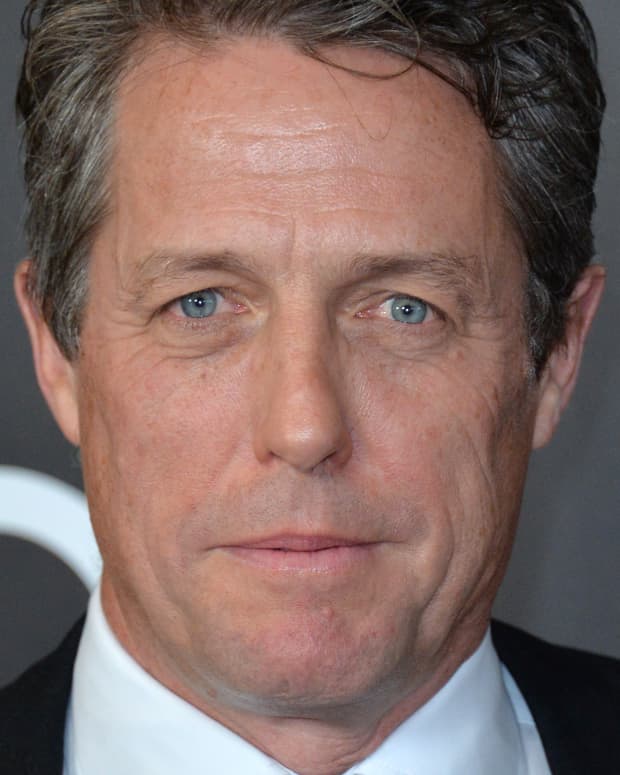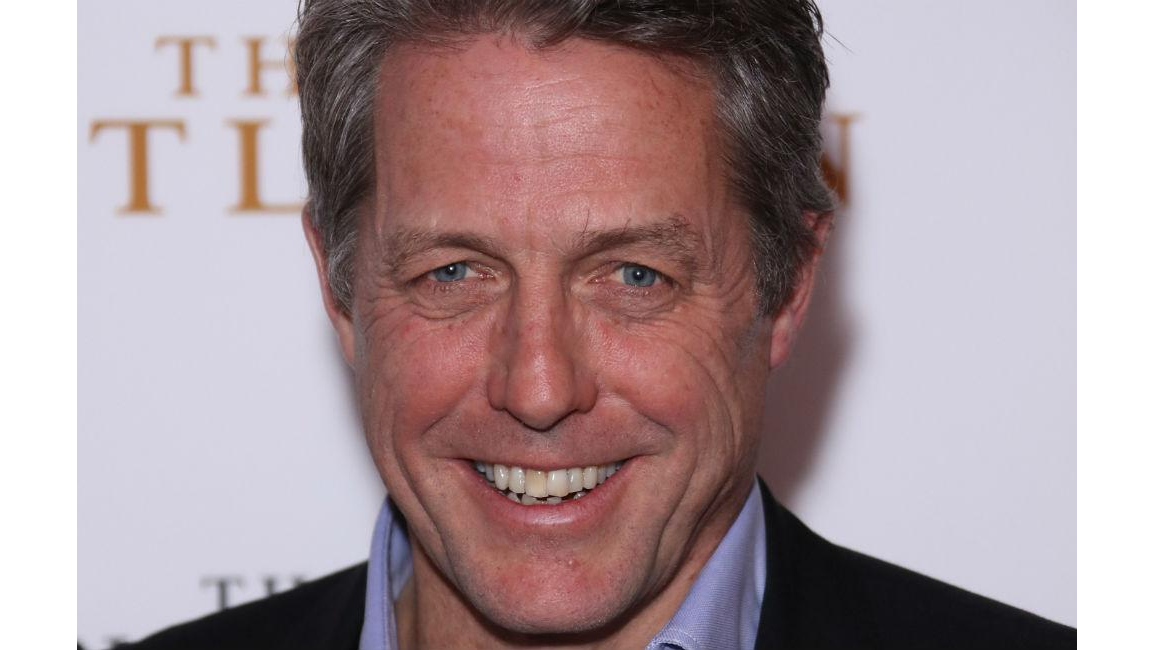Let’s dive into the intriguing world of Hugh Grant and explore whether there’s any truth to the claims about him being on the spectrum. The question “Is Hugh Grant on the spectrum?” has been floating around in online circles, sparking curiosity among fans and casual observers alike. With his unique charm, quirky mannerisms, and undeniable talent, it’s no surprise that people are curious about this aspect of his life.
Hugh Grant is one of those actors who has managed to carve out a niche for himself in Hollywood with his signature blend of wit, humor, and elegance. But as with any public figure, rumors and speculations about his personal life are bound to surface. Today, we’re going to break down the facts, separate the myths from reality, and give you a clear picture of what’s really going on.
Before we dive deep into the discussion, it’s essential to approach this topic with sensitivity and respect. Autism Spectrum Disorder (ASD) is a complex condition, and labeling someone without proper evidence or consent can be harmful. So, let’s explore this topic carefully while keeping the focus on Hugh’s incredible career and contributions to the entertainment industry.
Read also:Tony Hinchcliffe Wife Discovering The Life And Love Behind The Scenes
Who Is Hugh Grant? A Brief Biographical Overview
Hugh Grant is more than just a pretty face. Born on September 9, 1960, in Hammersmith, London, England, Hugh Alexander Grant grew up in an academic family. His father, Robert Grant, was a Scottish geologist, and his mother, Ann Grant, was a teacher. Hugh attended the City of London Freemen’s School and later studied English Literature at New College, Oxford. But little did he know that his future lay not in academia but in the world of cinema.
Here’s a quick glance at his personal details:
| Full Name | Hugh Alexander Grant |
|---|---|
| Date of Birth | September 9, 1960 |
| Place of Birth | Hammersmith, London, England |
| Profession | Actor, Producer, Screenwriter |
| Education | New College, Oxford |
Understanding Autism Spectrum Disorder (ASD)
Before we delve into whether Hugh Grant is on the spectrum, it’s crucial to understand what Autism Spectrum Disorder (ASD) actually means. ASD is a developmental disorder that affects communication and behavior. People with ASD often exhibit unique strengths and challenges, such as difficulty with social interactions, repetitive behaviors, and heightened sensitivities to certain stimuli.
It’s important to note that autism exists on a spectrum, meaning that no two individuals with ASD are the same. Some may have mild symptoms, while others may require more support. The key takeaway here is that diagnosing someone with ASD requires a thorough evaluation by qualified professionals.
Is Hugh Grant on the Spectrum? Debunking the Myths
Now, let’s address the elephant in the room. Is Hugh Grant on the spectrum? The short answer is: there’s no concrete evidence to suggest that he is. While some fans have pointed to his quirky behavior and distinctive mannerisms as indicators of ASD, it’s important to remember that these traits can also be attributed to his unique personality and acting style.
Hugh Grant himself has never publicly stated that he is on the spectrum, nor has anyone close to him confirmed such claims. In fact, Grant has always been open about his life, career, and challenges, but this particular topic hasn’t come up in any of his interviews.
Read also:Cambro Tessa Tasty The Ultimate Kitchen Companion For Your Culinary Adventures
Why Do People Think Hugh Grant Might Be on the Spectrum?
Some of the reasons why people speculate about Hugh Grant being on the spectrum include:
- His quirky personality and eccentric behavior
- His distinct way of speaking and communicating
- His preference for solitude and introverted nature
However, these traits can also be explained by his upbringing, cultural background, and career choices. As an actor, Hugh Grant often plays characters with idiosyncratic quirks, which might contribute to the perception that he exhibits autistic traits.
Exploring Hugh Grant’s Career and Success
Regardless of whether Hugh Grant is on the spectrum or not, one thing is certain: he has had an incredible career in the entertainment industry. From his breakout role in “Four Weddings and a Funeral” to his recent critically acclaimed performances in “A Very English Scandal” and “The English Game,” Grant has consistently delivered memorable performances that have resonated with audiences worldwide.
His success can be attributed to his hard work, dedication, and willingness to take on challenging roles. In fact, many critics have praised his ability to portray complex characters with depth and nuance, which is a testament to his acting prowess.
Some of Hugh Grant’s Most Iconic Roles
Here are a few of Hugh Grant’s most memorable performances:
- Mark Darcy in “Bridget Jones’s Diary”
- Daniel Cleaver in “Bridget Jones: The Edge of Reason”
- Prime Minister David Abbott in “Love Actually”
- Jeremy Thorpe in “A Very English Scandal”
These roles showcase Grant’s versatility as an actor and his ability to adapt to different genres and styles.
The Importance of Sensitivity in Discussing ASD
When discussing topics like autism, it’s crucial to approach them with sensitivity and respect. Labeling someone without proper evidence or consent can be harmful and perpetuate stereotypes. It’s important to remember that ASD is a complex condition, and each individual’s experience with it is unique.
Instead of speculating about someone’s diagnosis, we should focus on celebrating their achievements and contributions to society. In Hugh Grant’s case, his talent, charisma, and dedication to his craft deserve recognition and appreciation.
What Can We Learn from Hugh Grant’s Story?
Hugh Grant’s journey in the entertainment industry offers valuable lessons for aspiring actors and fans alike. His career is a testament to the power of perseverance, hard work, and staying true to oneself. Despite facing challenges and setbacks along the way, Grant has continued to evolve as an actor and embrace new opportunities.
One of the key takeaways from Hugh’s story is the importance of authenticity. In a world where conformity is often encouraged, Grant has carved out a niche for himself by embracing his quirks and individuality. This is something we can all learn from and apply to our own lives.
How Can We Support Those on the Spectrum?
If you or someone you know is on the spectrum, there are many ways to offer support and encouragement. Here are a few suggestions:
- Listen actively and show empathy
- Respect their boundaries and preferences
- Provide a safe and supportive environment
- Encourage them to pursue their passions and interests
By creating a more inclusive and understanding society, we can help individuals with ASD thrive and reach their full potential.
Conclusion: Celebrating Hugh Grant’s Legacy
So, is Hugh Grant on the spectrum? While the jury is still out on this one, what we do know is that Hugh Grant is a talented actor, a dedicated professional, and a beloved figure in the entertainment industry. His unique charm and quirky personality have captured the hearts of millions around the world, and his contributions to cinema will continue to be celebrated for years to come.
We encourage you to watch his films, appreciate his craft, and support his future endeavors. And remember, when it comes to discussing sensitive topics like autism, it’s always best to approach them with kindness, empathy, and respect.
Feel free to share your thoughts and opinions in the comments below. Did you enjoy this article? If so, please consider sharing it with your friends and family. And don’t forget to check out our other articles for more insights and inspiration!
Table of Contents
- Who Is Hugh Grant? A Brief Biographical Overview
- Understanding Autism Spectrum Disorder (ASD)
- Is Hugh Grant on the Spectrum? Debunking the Myths
- Why Do People Think Hugh Grant Might Be on the Spectrum?
- Exploring Hugh Grant’s Career and Success
- Some of Hugh Grant’s Most Iconic Roles
- The Importance of Sensitivity in Discussing ASD
- What Can We Learn from Hugh Grant’s Story?
- How Can We Support Those on the Spectrum?
- Conclusion: Celebrating Hugh Grant’s Legacy



